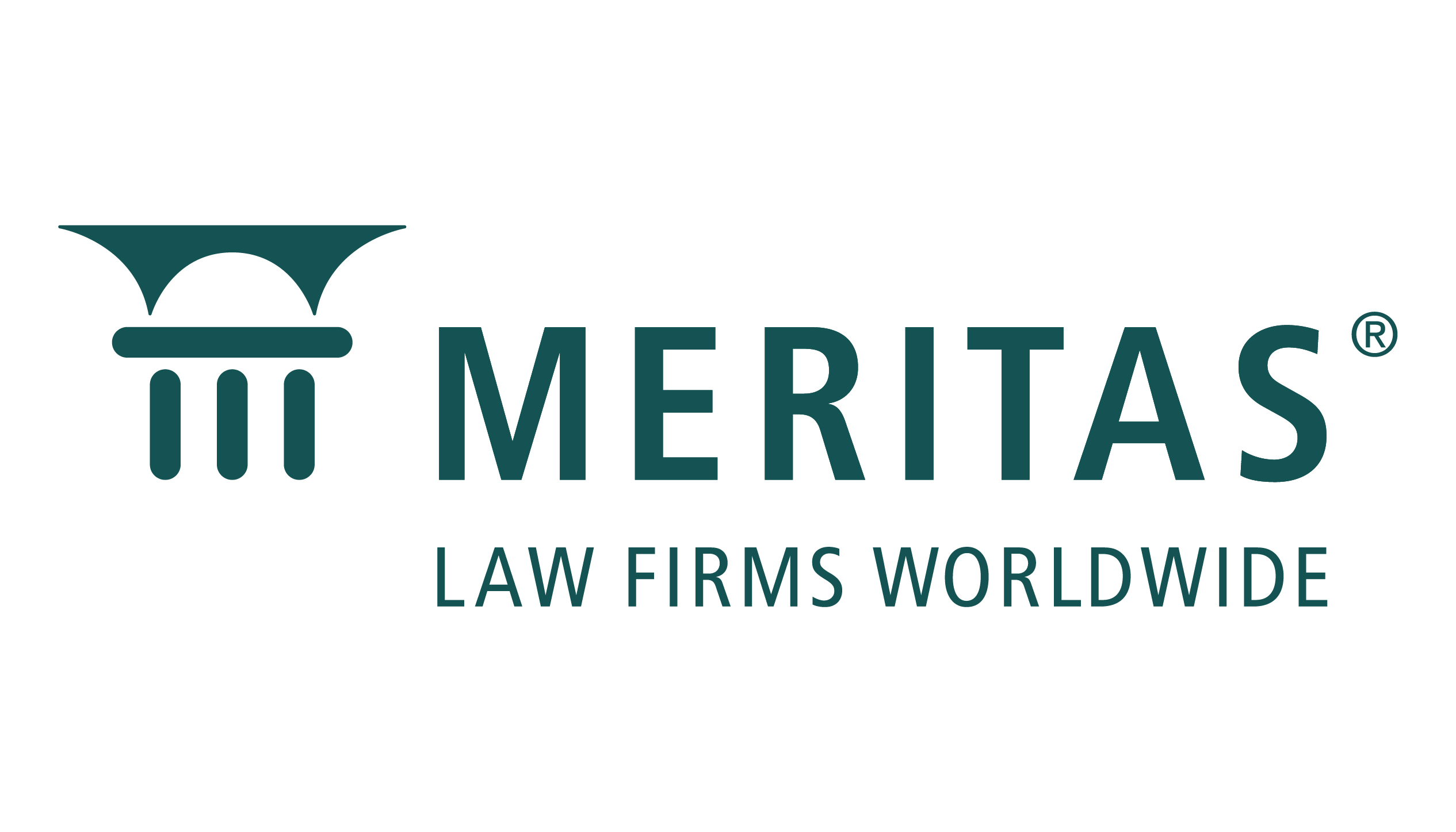
INSIGHT
Vessel Chartering in Indonesia: Key Legal Takeaways
As an archipelagic country, Indonesia relies heavily on maritime transportation for both domestic and international trade. Given the high cost of vessel ownership, chartering is a common and practical solution for businesses to meet their shipping needs efficiently.
Vessel chartering is a contractual agreement in which a vessel owner leases a vessel to a charterer for the transportation of goods or passengers. While vessel chartering is widely practiced in international trade, Law No. 17 of 2008 on Shipping, as lastly amended by Law No. 66 of 2024 (“Law 17/2008”) and the Indonesian Commercial Code (“KUHD”) provides a distinct legal framework that governs such arrangements.
Under Article 453 of the KUHD, vessel chartering is classified into two main types: (i) time charter and (ii) voyage charter. In a time charter, the vessel is leased for a fixed period, allowing the charterer to determine its voyages routes and commercial use, while the vessel owner remains responsible for crewing and maintenance.
“As a maritime nation, Indonesia offers significant opportunities in vessel chartering for both domestic and international trade. Understanding the legal framework, contractual essentials, and regulatory requirements is crucial to navigating this dynamic sector”
A voyage charter, on the other hand, is an agreement for the carriage of goods or passengers on specified voyages, with payment typically based on cargo volume or passage. In practice, a third type - known as a bareboat charter is also widely used, in which the vessel is leased without crew or provisions, transferring full operation responsibility to the charterer.
Key Legal Takeaways
- Charterparty Agreement Essentials
According to Article 454 of KUHD, vessel owner and charterer may execute a Charterparty Agreement in the form of a deed. Essential elements to be covered include: (i) parties; (ii) vessel specifications (iii) duration/route; (iv) charter rate; (v) risk allocation/indemnity; and (vi) dispute resolution mechanism. These provisions must be clearly stipulated to prevent potential disputes and ensure a balanced agreement for both parties.
- Vessel Owner Obligations
Besides the charterer’s obligation to pay for vessel use during the charter period (vide Article 465 of KUHD), the vessel owner also bears legal responsibilities. Under Article 460 of KUHD, a vessel owner in a time charter must ensure seaworthiness, proper maintenance, and sufficient crew. The owner is liable for losses suffered by the charterer due to the vessel’s condition, unless they can prove compliance with these obligations.
- Applicability of Cabotage Principle
Under Law 17/2008, only Indonesian-flagged vessels with Indonesian crew may operate in domestic shipping. Foreign-flagged vessels may be used only under limited circumstances and require an Approval for the Use of Foreign-Flagged Vessels (Persetujuan Penggunaan Kapal Asing – “PPKA”) issued by the Ministry of Transportation, excluding those used for the transport of passengers or goods.
- Licensing and Regulatory Compliance
To ensure legal compliance, the charterer must verify that both the vessel and its owner hold a Sea Transportation Company Business Permit (Surat Izin Usaha Perusahaan Angkutan Laut). If a foreign-flagged vessel is used, a valid PPKA must also be obtained. These matters should be clearly stipulated in the Charterparty Agreement to support compliance with Indonesian maritime regulations.






